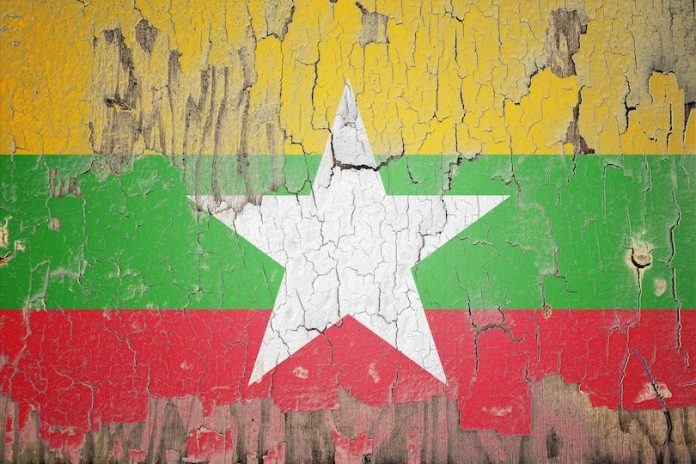The conflict between pro-democracy resistance forces and the Myanmar military has been ongoing since 1948 but escalated significantly after the 2021 coup that removed the democratically elected government. Ethnic resistance organizations in Myanmar’s ethnic states, supported by the People’s Defense Forces, are engaging in battles with junta forces while aligning with the exiled National Unity Government. This conflict has led to over 3.3 million internally displaced people and around 3-4 million refugees fleeing the country. Shan State, in particular, faces severe challenges as civilians endure not only oppression from the Burmese army but also from the Shan State Army and the United Wa State Army.
Residents like Nang Seng Aung and Sai Kungdala have described the harsh realities they faced, including extreme taxation by armed groups and economic hardships resulting from the military takeover. The Shan State Army and the United Wa State Army are two powerful armed groups in Myanmar with long-standing ties to the government, engaged in various criminal activities such as drug trafficking and producing methamphetamine and heroin.
The United Wa State Army’s close relationship with China has strengthened its military and economic capabilities, making it a key player in maintaining stability in Shan State. With China’s backing, the UWSP operates autonomously, serving as a crucial ally for both the Chinese Communist Party and the Burmese military.
Many Shan State villagers report being taxed and conscripted by multiple armies, leading to a dire humanitarian situation and driving people to seek refuge in neighboring countries like Thailand. As the crisis continues to worsen, unless a diplomatic solution is reached, the future looks bleak for those affected by the conflict in Myanmar.




